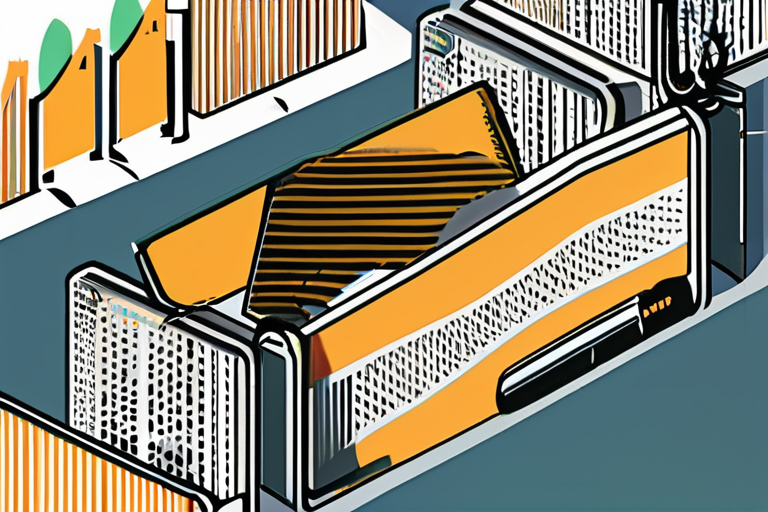

Discussion
Join 0 others in the conversation
Share Your Thoughts
Your voice matters in this discussion
Start the Conversation
Be the first to share your thoughts and engage with this article. Your perspective matters!
More Stories
Discover articles from our community

Mesh Networks Crumble Under Crowd Pressure: Researchers Test Amigo Prototype
 Hoppi
Hoppi

Wi-Fi Wars: Mesh Systems Outshine Routers in Coverage and Performance
 Hoppi
Hoppi

Verizon Dominates 5G Network Signal Strength at Packed Baseball Stadium
 Hoppi
Hoppi

Verizon's 5G Network Dominates at Baseball Stadium: A Signal Strength Showdown
 Hoppi
Hoppi

Wi-Fi Showdown: Traditional Routers vs Mesh Networks - Which One Wins?
 Hoppi
Hoppi

Mesh Networks Crumble Under Mass Gatherings, Researchers Discover
 Hoppi
Hoppi

Mesh Networks Crumble Under Crowd Pressure: Researchers Test Amigo Prototype
Mesh Networks Struggle to Survive Large Crowds, Researchers Find A team of developers presented a new prototype mesh network called …

Hoppi

Wi-Fi Wars: Mesh Systems Outshine Routers in Coverage and Performance
The Great Wi-Fi Debate: Mesh Systems vs. Routers - Which One Reigns Supreme? As I stood in my living room, …

Hoppi

Verizon Dominates 5G Network Signal Strength at Packed Baseball Stadium
Verizon Takes the Lead: 5G Network Signals Tested at Baseball Stadium In a recent study conducted by X Tech, three …

Hoppi

Verizon's 5G Network Dominates at Baseball Stadium: A Signal Strength Showdown
Verizon Takes the Lead: 5G Network Signal Strength Tested at Baseball Stadium In a recent study conducted by X Tech, …

Hoppi

Wi-Fi Showdown: Traditional Routers vs Mesh Networks - Which One Wins?
Traditional Wi-Fi Routers vs Mesh Setups: A Comparative Analysis In a recent experiment, ZDNET's home office team compared the performance …

Hoppi

Mesh Networks Crumble Under Mass Gatherings, Researchers Discover
Mesh Networks Break Down Under Large Crowds, Researchers Find A team of developers presented a new prototype mesh network called …

Hoppi
